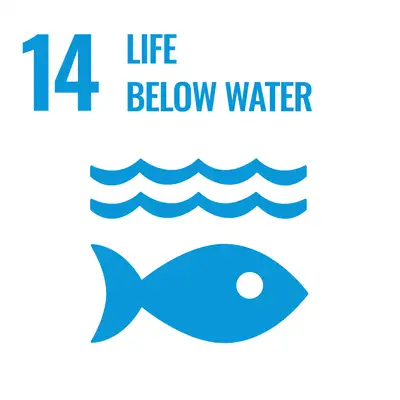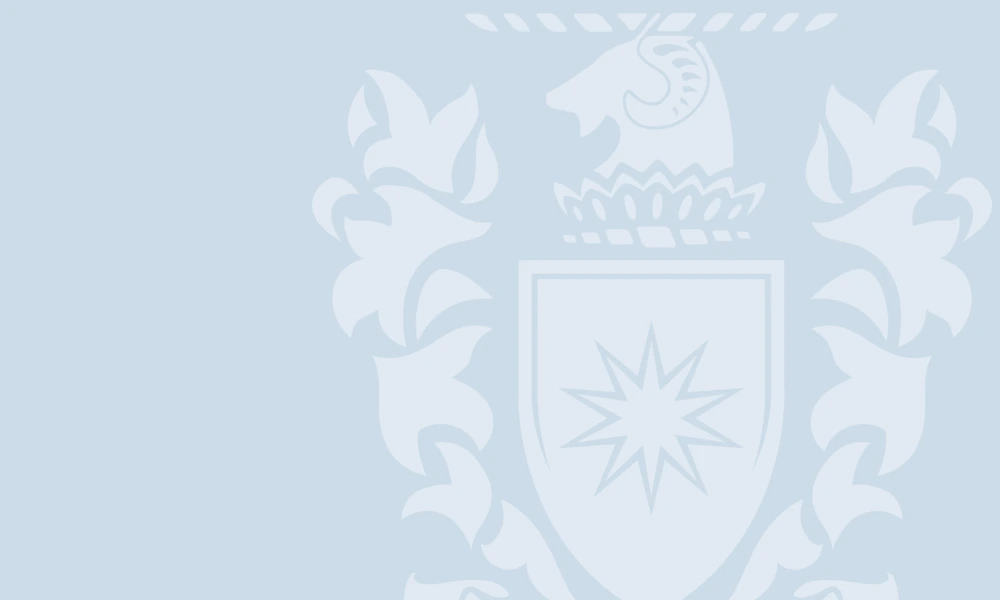
International collaborations
A substantial 71% of Massey University’s 136 SDG14 publications between 2019 and 2023 resulted from international collaborations (Scopus database extracted using SciVal in October 2024).
The most frequently cited papers focused on topics such as the ecological footprint of fisheries on sharks, marine mammal conservation and the impact of Toxoplasma and oil spills on marine ecosystems.
Collaboration on the SDGs for more SDG14 statistics
Research published on climate impact on whales
Massey’s Cetacean Ecology Research Group contributed to an international study on how climate change will affect the distribution of great whales in Aotearoa New Zealand waters.
A southerly shift of suitable habitat is expected as the ocean warms.
Citizen scientists identify new fish species
Developed by a Massey PhD student, the Facebook group What's That Fish NZ? receives over 2,500 contributions from citizen scientists of sightings of target fish for their database. Eighteen species of fish, not previously recorded around Aotearoa New Zealand, were identified.
Massey graduate tackles marine plastic pollution
In 2023, a Massey journalism graduate with a marine biology background received an Asia New Zealand Foundation Scholarship for a 4-week internship in Jakarta. During her internship, she created web stories and social media content addressing the issue of marine plastic debris.
Grant funds research to save whales
Professor Karen Stockin and Dr Ramari Stewart from Te Kauika Tangaroa Charitable Trust were awarded a Vision Mātauranga Capability Fund grant in 2023. Their project focuses on integrating indigenous knowledge into whale-stranding response efforts and assessing its alignment with existing practices.
Research funding for marine ecosystems research
MBIE funding from Te Pūnaha Hihiko: Vision Mātauranga Capability Fund was received in 2022 to develop kaupapa Māori approaches to restoring marine ecosystems degraded due to land-use change and overfishing in the Eastern Bay of Plenty.
MBIE Endeavour Funding of almost $1 million was awarded in 2022 to Professor Wendi Roe for research that aims to decrease the amount of Toxoplasma entering our waters, also preventing the deaths of the critically endangered Māui dolphin.





